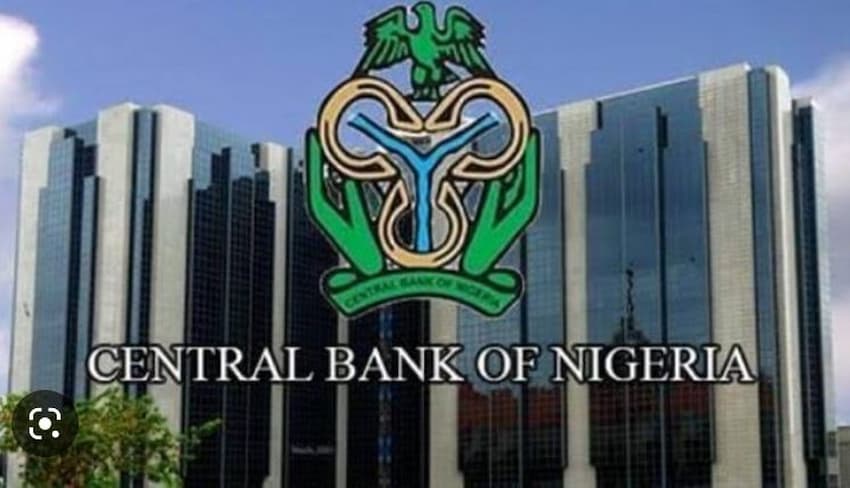
Strategic Financial Support: Strengthening Nigeria’s Banking Industry
The Central Bank of Nigeria (CBN) has given the green light for a significant financial support package to facilitate the merger between Unity Bank Plc and Providus Bank Limited. This strategic move is designed to ensure the stability of Nigeria’s financial system and mitigate potential systemic risks. But what does this merger mean for the Nigerian banking landscape? Let’s dive into the details.
The Significance of the CBN’s Financial Accommodation
The approval of financial accommodation by the CBN is a pivotal step in the proposed merger. According to Mrs. Hakama Sidi Ali, the Acting Director of Corporate Communications at the CBN, this support is crucial for the financial health and operational stability of the merged entity. Although the exact amount of financial support remains undisclosed, reliable sources suggest an injection of around N700 billion. This substantial backing highlights the CBN’s commitment to maintaining a robust banking sector.
Addressing Unity Bank’s Obligations
One of the key aspects of this financial support is addressing Unity Bank’s total obligations to the CBN and other stakeholders. This move ensures that the post-merger organization starts on a strong footing, free from the encumbrances that could jeopardize its stability. The financial support aligns with Section 42 (2) of the CBN Act, 2007, underscoring the legal and strategic framework within which this assistance is provided.
Ensuring Stability and Preventing Systemic Risks
The merger and the accompanying financial support are part of a broader strategy to bolster the Nigerian banking system. The CBN emphasized that no Nigerian bank currently faces a precarious situation akin to that of Heritage Bank, which was recently liquidated. This proactive measure by the CBN is designed to prevent similar scenarios and ensure the smooth functioning of the banking sector.
A Closer Look at Heritage Bank’s Liquidation
The CBN’s recent revocation of Heritage Bank Plc’s banking license serves as a stark reminder of the importance of regulatory compliance and financial stability. Heritage Bank’s persistent financial instability and failure to adhere to regulatory requirements, as outlined under Section 12 of the Banks and Other Financial Institutions Act (BOFIA) 2020, led to this drastic measure. Despite multiple supervisory interventions by the CBN, Heritage Bank was unable to improve its financial health, posing a significant threat to the stability of the financial system.
Proactive Measures to Safeguard the Banking Sector
The CBN’s actions reflect its dedication to safeguarding depositors’ interests and maintaining the integrity of the financial system. By providing financial support for the Unity Bank and Providus Bank merger, the CBN is taking a proactive stance to reinforce public confidence and ensure the soundness of the banking sector. This intervention is crucial for preventing systemic risks and promoting a stable economic environment.
Implications for the Nigerian Banking Landscape
The merger between Unity Bank and Providus Bank, supported by the CBN’s financial accommodation, is set to reshape the Nigerian banking landscape. It signals a move towards consolidation and stability, addressing weaknesses and enhancing the overall resilience of the banking sector. This merger is expected to create a more robust financial institution capable of better serving the needs of its customers and contributing to economic growth.
The Road Ahead: Challenges and Opportunities
While the merger presents numerous opportunities, it also comes with challenges. Integrating the operations of two banks requires careful planning and execution to ensure a seamless transition. However, with the CBN’s backing and a clear strategic vision, the merged entity is well-positioned to overcome these challenges and thrive in the competitive banking environment.
Conclusion: A Bold Step Towards Financial Stability
The CBN’s approval of financial support for the Unity Bank and Providus Bank merger marks a significant milestone in Nigeria’s banking sector. This strategic move aims to strengthen the financial system, prevent systemic risks, and enhance public confidence. As the banking landscape continues to evolve, such proactive measures are essential for maintaining stability and promoting sustainable growth. The merger represents a bold step towards a more resilient and dynamic financial sector in Nigeria.














 and then
and then